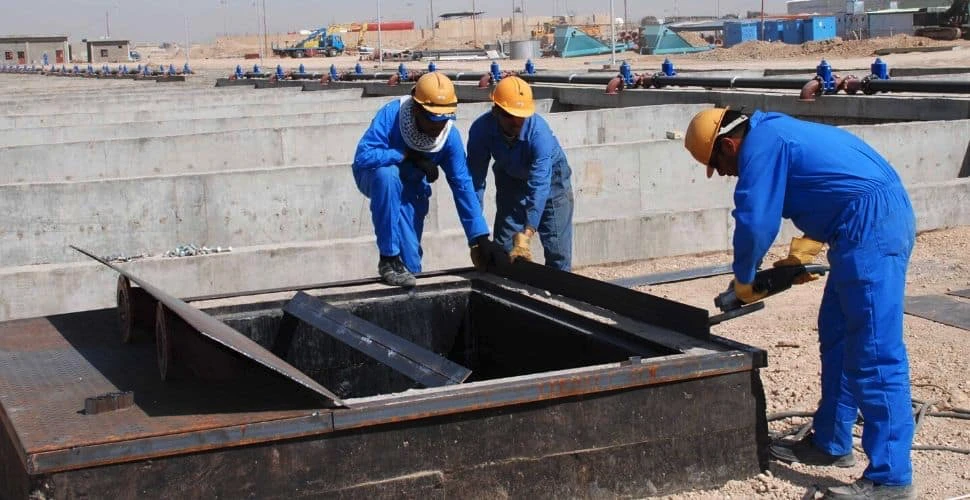Since the controversial 2022 Qatar World Cup ended in December, the world must now focus its attention on holding government and businesses accountable for migrant worker exploitation.
Profiting from exploitation
The exploitation of low-paid migrant workers in Qatar who were tasked with building the vast infrastructure required for the world’s largest sport tournament marred the World Cup from the very beginning.
The sheer scale of the event drew international attention to the labor conditions facing migrant workers in Qatar, pressuring Qatari authorities to respond to scrutiny on the exploitative kafala system that governs relationships between migrant workers and employers. Businesses who have profited from the exploitation of low-paid migrant workers must meet their responsibility to drive up labor standards.
Vani Saraswathi, Editor-at-Large and Director of Projects at Migrant-Rights.Org explores the tension between the international and the local in advocacy efforts to improve the rights of migrant workers in the Gulf.
Sarawathi writes in a blog for Business and Human Rights Resource Centre:
Local unions remain an unachievable goal, local civil society is mute, and local media is censored. Local businesses had no say in the Kafala reform process and were held to little or no account, probably for the same reason they were not part of the process.
[…]
So how does one hold businesses accountable in a socio-economic environment that prevents any kind of meaningful critique and engagement, and in autocratic regimes in which the conventional stakeholders in a democratic process such as unions, civil society, and free media have no place? Post-World Cup, the focus must shift to the businesses and governments that profit from exploitative labour practices in the GCC states.
Businesses must be held accountable
An estimated $220 billion was spent in the preparation for the World Cup with the majority of projects being taken up by large businesses outside the Gulf who subcontracted to small partners in the region where necessary. These vast sums indicate the significant role that businesses can play in holding up labor rights and ensuring minimum standards for workers.
However, large corporations often subcontract jobs to complete projects, deflecting their responsibility through extended supply chains. Workers are recruited from countries where economic opportunities may be scarce and are paid low wages, “outsourced to those who may adopt poor practices to which bigger corporations will turn a blind eye.”
The Qatari government must ensure businesses are held accountable for exploitative labor practices and the full abolition of the kafala system, that many migrant workers describe as remaining in tact in practice despite several key reforms made to the system.
Keep calling on Qatar to better protect migrant workers from exploitation and forced labor. Sign the petition!







Freedom United is interested in hearing from our community and welcomes relevant, informed comments, advice, and insights that advance the conversation around our campaigns and advocacy. We value inclusivity and respect within our community. To be approved, your comments should be civil.